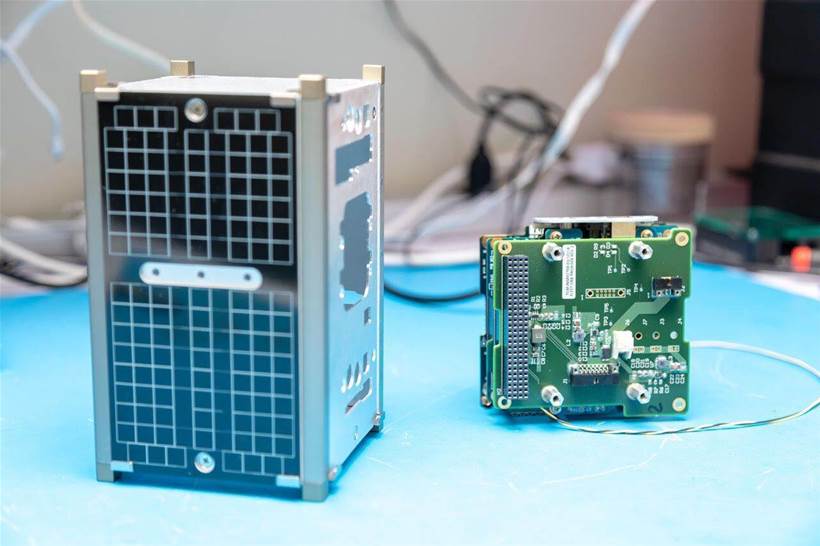Australia’s Fleet Space Technologies is set to launch two ‘cubesat’ satellites into orbit, which will bring connectivity to remote IoT and sensor devices.
The two satellites will ultimately help form the beginning of a constellation of more than 100 nanosatellites that, together, will act as a dedicated IoT space network for enterprises across the world.
US orbital launch provider Rocket Lab will take the two cubesats into space in November.
When combined with Fleet's ground terminal, called ‘the Portal’, Fleet’s constellation will enable satellite connectivity in remote industries where cellular networks are not present.
“The Portal enables businesses to connect up to a thousand devices to private, secure Low Power Wide Area Networks anywhere around the world, at a fraction of the cost of traditional satellite systems,” Fleet Space Technologies said.
“Unlike other IoT gateways, the Portal goes beyond simple data collection and uses embedded edge computing-based software to analyse and select key, targeted data for secure transmission over an array of satellite service options, including Fleet’s own satellites.
“This means the use of IoT in remote industries is now achievable, enabling data-driven decisions that improve productivity and efficiency across a range of industries, including mining, logistics and agriculture.”







